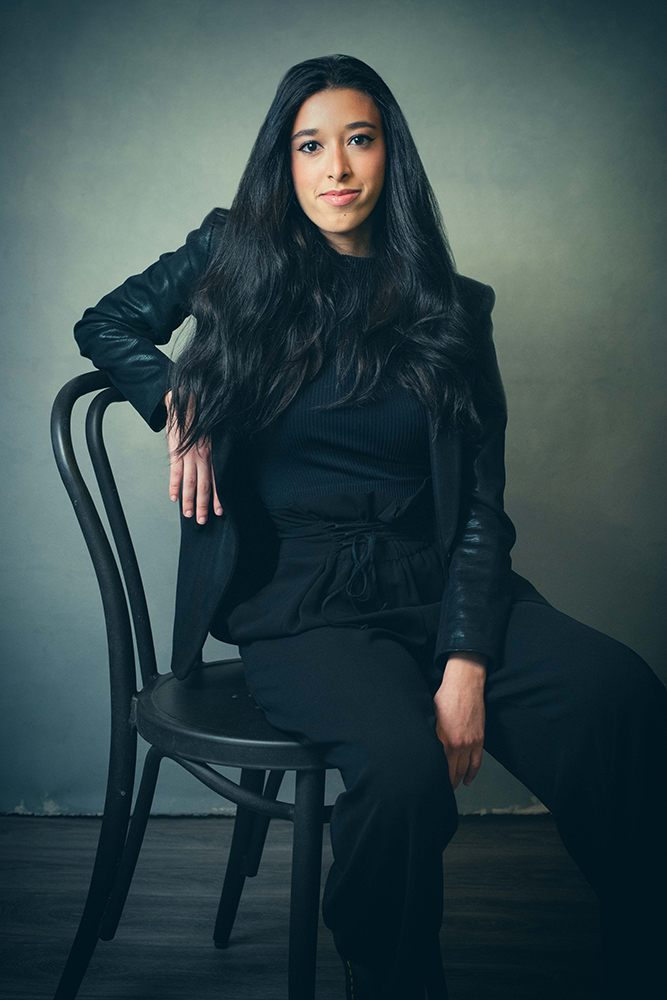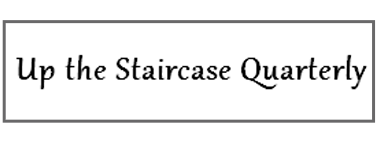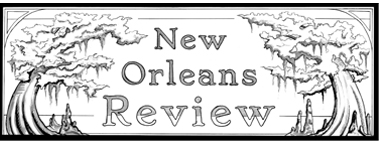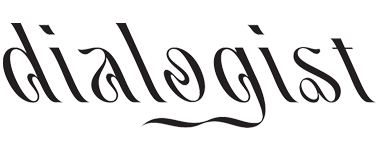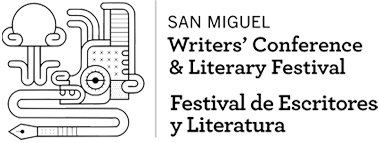Athena Nassar
Little Houses
“a part of you wants to stay wedged / in the throat of what will kill you.”
Athena Nassar’s piercing debut full-length collection, Little Houses, unravels one American family’s conflicted Southern existence. Nassar’s speaker first surfaces from an alligator’s mouth to beckon readers through a series of revolving doors. Behind one door, she reckons with a complex history of colonization; behind another, Princess Peach mourns her own hard-coded impotence. In this way, Nassar does not shy from exploring all sides of her speaker’s sexuality, heritage, and familial connections. To occupy her Little Houses is to find freedom in contradiction.
About
Athena Nassar is an Egyptian-American poet, essayist, and short story writer from Atlanta, Georgia. She is an Interlochen Arts Academy alum and is currently an undergraduate student at Emerson College, where she is the head poetry editor of The Emerson Review. She is the recipient of the 2019 Scholastic National Gold Medal Portfolio Award, the 2021 San Miguel Writers’ Conference Writing Contest, and the 2021 Academy of American Poets College Prize, among other honors. Her work has appeared in Academy of American Poets, The Missouri Review, Southern Humanities Review, The Chattahoochee Review, Salt Hill, Lake Effect, New Orleans Review, Zone 3, Sequestrum, The Los Angeles Review, PANK, and elsewhere.
Writing

Love is not always song, but the swelling
by Athena Nassar
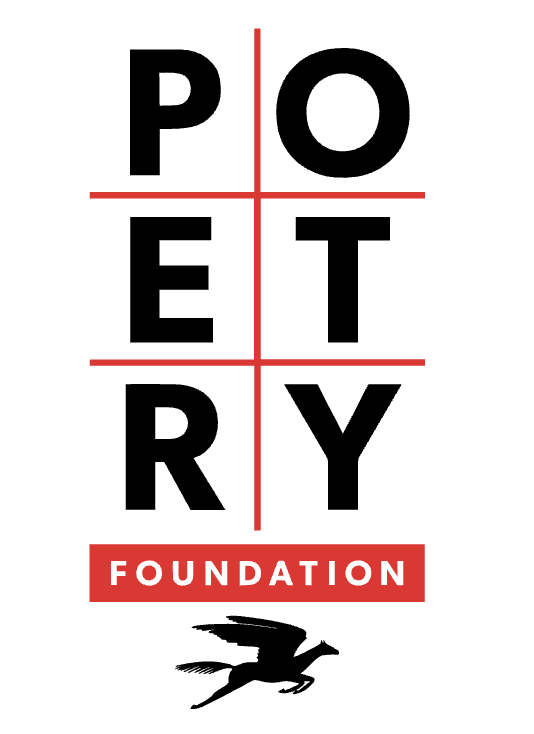
Grease Angels
by Athena Nassar

A Decent Human Being
by Athena Nassar
Coming of Age
by Athena Nassar
vignettes of a lost wife
By Athena Nassar
metamorphosis
~for Pampa (Grandpa/Papa)
by Athena Nassar
so i let you be a canvas
by Athena Nassar
Winner of the 2021 San Miguel Writer’s Contest in Poetry READ 
Alligator
by Athena Nassar
2021 Academy of American Poets Prize Winner READ 
The Big Green Egg XXL Limited Edition Grill Responds to My Dad’s Comments about It Possibly Blowing Away with the Strong Winds Expected Tonight
I’m not going anywhere.
by Athena Nassar
Avareh
by Athena Nassar
Poem of the Week – November 7, 2022 READ 
She Was Never the Birds
by Athena Nassar
Featured Story – December 2022 READ 
A Review of Athena Nassar’s Little Houses
by Athena Nassar
Readings
Athena Nassar reads select poems for the SMOL Fair reading.
Bone Music Virtual Reading Series, Episode #3: Young Poets, Featuring Athena Nassar
Book
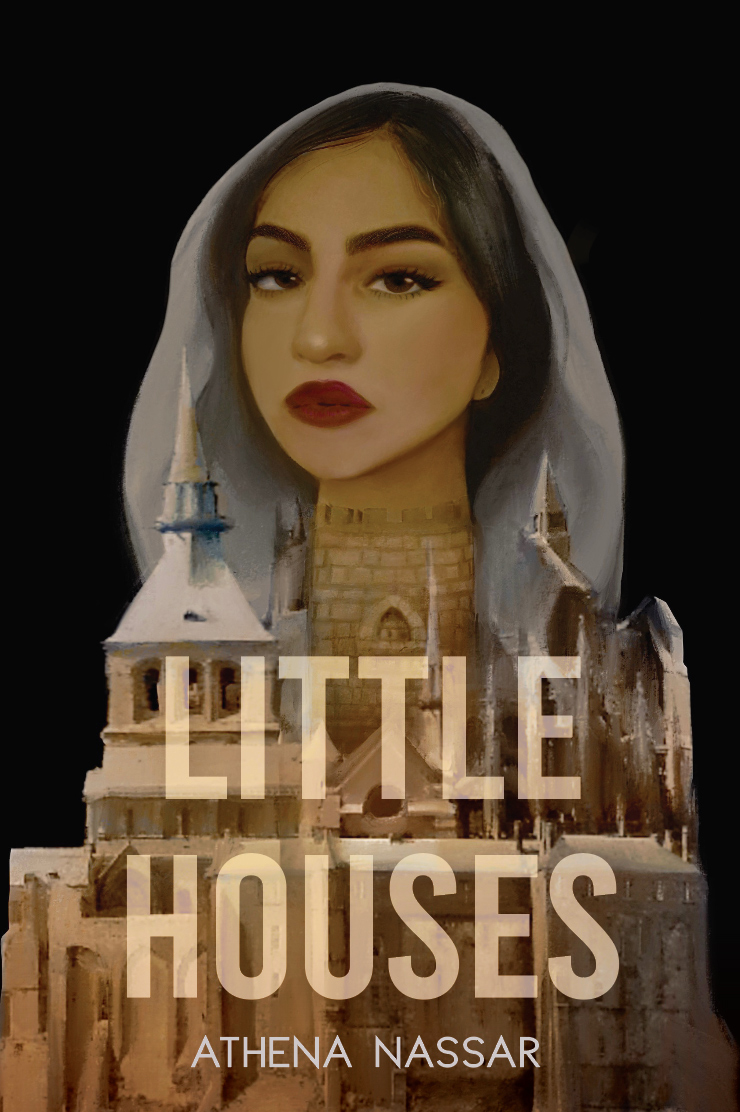
In Athena Nassar’s debut collection Little Houses, the poems themselves ‘weep honey / so rich that they dare the painter / himself to crave yellow’ through her searing critique of America and tireless devotion to her own history. This is the truest incarnation of love: holding history accountable for its terror and beauty. But here the poet does not portray a simple portrait of colonization and the colonized but rather exposes how entanglements of Empire yield their hungry ghosts in these tightly wrought lines as family and relationships work through their faceted complications. These poems evidence a powerful, dynamic new voice that will reverberate in readers’ minds long after they close the book.
Rajiv Mohabir
author of The Taxidermist’s Cut
In Little Houses, Athena Nassar meditates with unusual clarity on the complexities of race and displacement, the pervasiveness of violence, and the vagaries of love and sex. In poems at once deeply personal and vast in scope, the weight of history and memory hangs heavy-imperial, ancient, familial, and personal. This is a marvelous debut collection by a poet deeply attuned to the possibilities of language and introspection.
Kevin Prufer
author of The Art of Fiction
In her prolific debut, Athena Nassar transports her readers with poems that evolve like vividly kaleidoscopic dreamscapes, each one rich in risk and feeling, music and metaphor. In Little Houses, people ‘sit like crescent moons / dropped from the sky,’ light pours from the sun ‘like a runny egg,’ ‘the aroma of apricots hangs / in the air like fresh linens,’ tongues can transform into eels, a dead goat’s eyes into halved peaches, the self into ‘a housefly floating in a cold glass of milk.’ Tangible, sensual, surreal, Nassar’s poems are at once vitally in touch with our seething American moment and mindful of the vital commerce between personal and cultural history. ‘I am a lover of all things defiant in nature,’ Nassar declares, which is the credo that also marks this poet as one of the avareh, one ‘of the longing souls.’
Daniel Tobin
author of Blood Labors
‘I am a lover of all things defiant in nature,’ Nassar writes, and Little Houses offers proof of such defiance. This debut shimmers with confidence and imagination, taking us on an exhilarating journey from Georgia to Egypt to Boston, from the fever dream of girlhood to the fortitude and fragility of brothers, parents, ancestors, and gods. Here lie sexual politics and ghosts, house parties and bone yards, brunch girls and Kant. Lush, damning, always coming back to the body and the many houses it populates, creates, and dismantles, Little Houses is sure to thrill, and thrill again.
Corey Van Landingham
author of Love Letter to Who Owns the Heavens BUY NOW
Interview Excerpt: Athena Nassar’s Little Houses
Nicole Bethune Winters: Did the organization of the manuscript into different “houses” come before or after deciding on the book’s title? What was the desired effect of presenting the collection in this way?
Athena Nassar: I had divided the sections into houses before I decided on the title of the collection, but the title fell into place soon after. I frequently return to questions of home and belonging throughout the collection, and after having completed the collection, I realize that I was asking myself whether it is possible to make a home out of the body. These houses function as isolated compartments of the self. Each house has its own identity and its own traumas.
NBW: Can you tell me more about the choices you made in poems like “Coming of Age” and “athena as the Garden of Eden”?
AN: The poem “Coming of Age” was conceived after this one time where my brother and I lost our dog when our parents were away. Although I don’t claim to be much of an “animal person,” the knowledge that my family was counting on me to take care of this living thing for a few hours and I failed was very jarring to me. The harsh enjambment and the lack of punctuation, which results in the sentences running into one another, is supposed to replicate a sort of heaving. In this poem, the speaker is submerged in a river searching for their dog who may have drowned, and by the end of the poem, it’s almost as if the speaker herself becomes this drowning dog gasping for air.
NBW: Speaking of “athena as the Garden of Eden,” there is a series of these “athena as _____” poems that run throughout the second and fourth houses of the collection. What function did you intend for these poems to serve?
AN: Being that these are persona poems, they are meant to function as a departure or an escape from the speaker’s reality, but in some of these poems, the speaker’s reality still manages to slip through. My poem “athena as princess peach,” where the speaker’s “crown has been mauled by a kitchen blender,” is one poem where this slippage occurs. On the other hand, the speaker in my poem “athena as villanelle” successfully escapes from the imposing patriarchal system and assumes another, more dominant role.
NBW: Capitalization seems to play a role in Little Houses-can you tell me more about the reasons you chose to employ it in some instances and not others? Was there a rule that dictated this throughout the collection or was it poem-specific?
AN: There wasn’t necessarily a specific reason why I decided to capitalize some poems and leave other poems lowercase. I made those decisions based on what I thought looked the best on the page. Although, I do make sure to capitalize cities, places, and names most of the time.
NBW: Are there any poems that were particularly difficult to write/finish? Is there a specific poem that you feel most connected to?
AN: I wouldn’t say there were any poems that were difficult to write-there were just some that needed to be put away for a while before I could get at the meat of what I had to say. One scenario I can equate this to is when you have an argument with someone, and then you go home, and you think, well, I could’ve said ___ , or ___. Occasionally, I needed to return to the argument in order to flesh out, and sometimes rewrite, the poem. My poem “the performance,” for example, was one piece that was put away for a year before it occurred to me that it was a poem about reclaiming my sexuality as a woman of color. Suddenly, the “Hottentot Venus” entered the narrative, and it just clicked.
I am connected to all of these poems, but if I had to choose a few that I am most connected to, they would probably be “athena as princess peach,” “Georgia bleeds,” “Avareh,” and “so i let you be a canvas.” I wrote “athena as princess peach” as a senior in boarding school, and although it does carry a lighthearted tone, it definitely reflects a time of my life when I was first being introduced to the value of agency, as well as questions like who is given power and who is not. “Georgia bleeds” is a piece that I toiled with for a while, but it evolved into a prose poem that encapsulates my upbringing in the South, as well as my Arab heritage, and it will forever be one of my favorites.
NBW: Does the visual component of your poems play a role in how you format them? If so, what aspects of a piece stand out to you the most, or what do you primarily fixate on while you’re writing?
AN: The visual component of my poems are largely impacted by the subject matter. My poem “ghost girls,” for example, has these caesuras scattered throughout the poem, because the speaker is being carried with the wind. In fact, the speaker is the wind itself. These girls cannot be held or felt, and I depict this in the format of this poem. As far as what I tend to fixate on while I’m writing, I am very conscious of the “flow” of the poem. With each line I add, I usually go back and read the whole poem outloud to myself. The flow of a piece is usually the result of a number of things working simultaneously-alliteration, enjambment, percussive sound, visceral imagery, and the selection of the “best” words. There are a few words in particular that I was drawn to in the process of writing the collection: pour, swallow, body, smoke, and tongue, among others.
NBW: In most of the poems, the speaker writes in first-person, yet in a few, like “Dreams Won’t Feed You Forever,” there is a departure from this. What is the desired impact of this perspective shift?
AN: I would say that the majority of these poems are largely autobiographical, and I frequently assume the role of the speaker, but I chose to create some distance in “Dreams Won’t Feed You Forever,” because this is a poem that focuses on my aunt grieving the loss of my grandmother.
NBW: Relationships appear to be constantly evaluated throughout the collection-where do you see the speaker in regards to their relationships with family, culture, and society?
AN: I am a major homebody. I go home to visit my parents in Georgia every chance I get, and this nostalgia seeps into the voice of the speaker in a lot of these poems. I do love my home and where I was raised, but in poems like “Little Houses” and “Georgia bleeds”, I also reflect on the contempt I have for Georgia’s history and its current political climate. The speaker vacillates between these feelings of nostalgia and contempt throughout the collection, and in most poems, the speaker feels both of these things simultaneously.
NBW: In Little Houses, you touch on immigration and colonization directly in some instances, but more subtly in others. What role did these shifts in address play in the writing of this collection?
AN: My father is an immigrant who was born in Cairo, Egypt. He won his visa in a lottery after being disowned by his mother for marrying my mom, who is not Egyptian or Muslim. My father’s background, him going from being the descendant of pharaohs to being disowned and having to be at the mercy of the US immigration system in order to stay here to study, majorly influenced the statement that I wanted my collection to make. My mother, on the other hand, is half Black and half White. In the South during the 1970s, the Ku Klux Klan burned a six foot cross in my grandparents’ yard, threatening them to leave the town or be killed, because they were a biracial couple. They eventually decided to move to Puerto Rico, and as a result, my mother was raised there. All of these places weigh heavily on my collection-Egypt, the South, and Puerto Rico-because they are such a large part of where I come from and who I am.
NBW: There is an abundance of strong imagery in this collection-yet I noticed a specific reoccurrence of fruit-related images. Was this happenstance, or an intentional thread woven throughout these poems?
AN: I do tend to gravitate towards fruit imagery, I think, because the settings of a lot of these poems are very lush, warm places, and I feel like the fruit of a place is a huge symbol of the place itself. When I was a child, my father would always come back from the grocery store with these large gallons of mango juice, which he would refer to as “the nectar of Egypt,” and I began to associate mangoes with Egypt and also my ancestry and my culture. Aside from the symbolic nature of fruit, there is also so much that fruit can contribute to a poem’s atmosphere-it can drip, it can tear open, it can stain, and so on.
